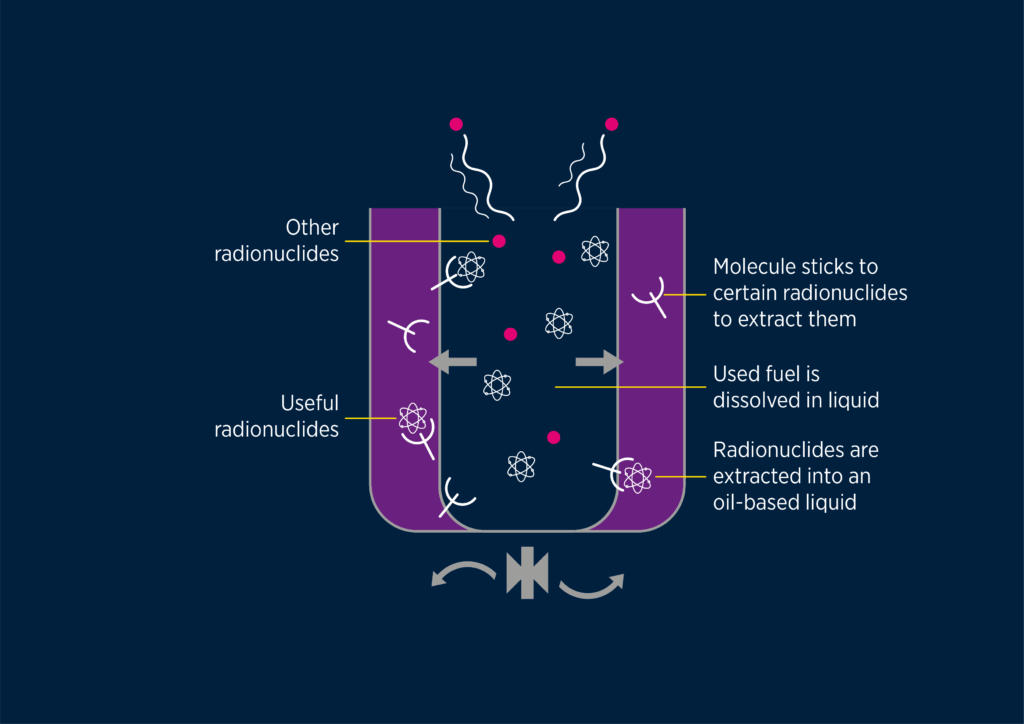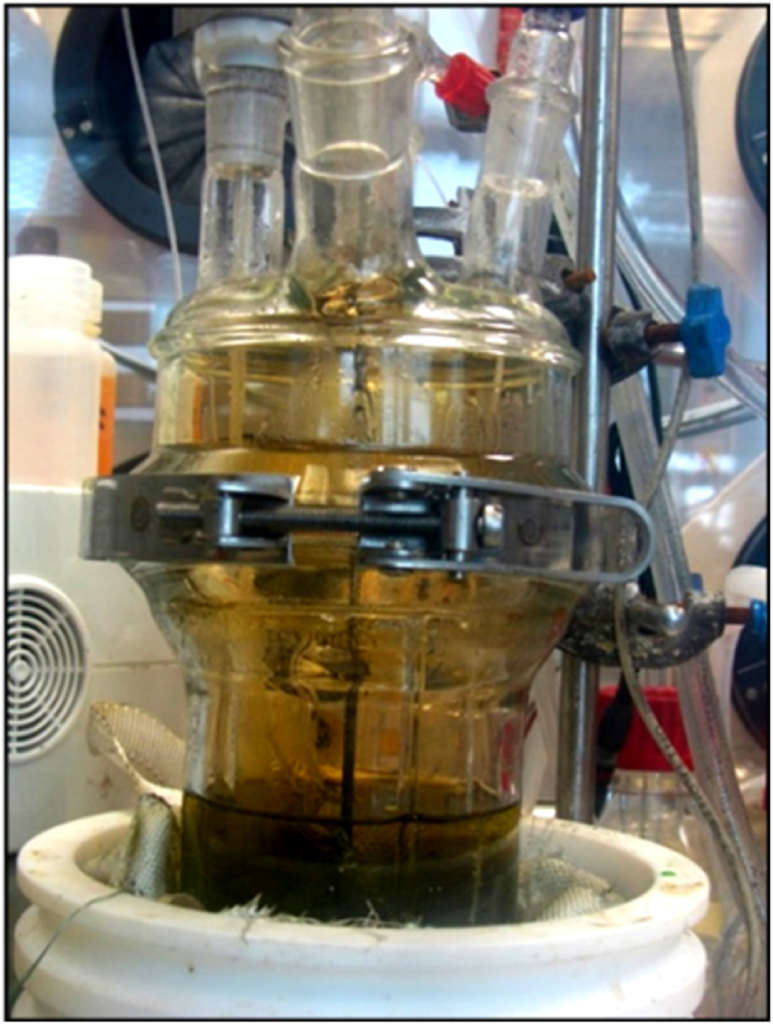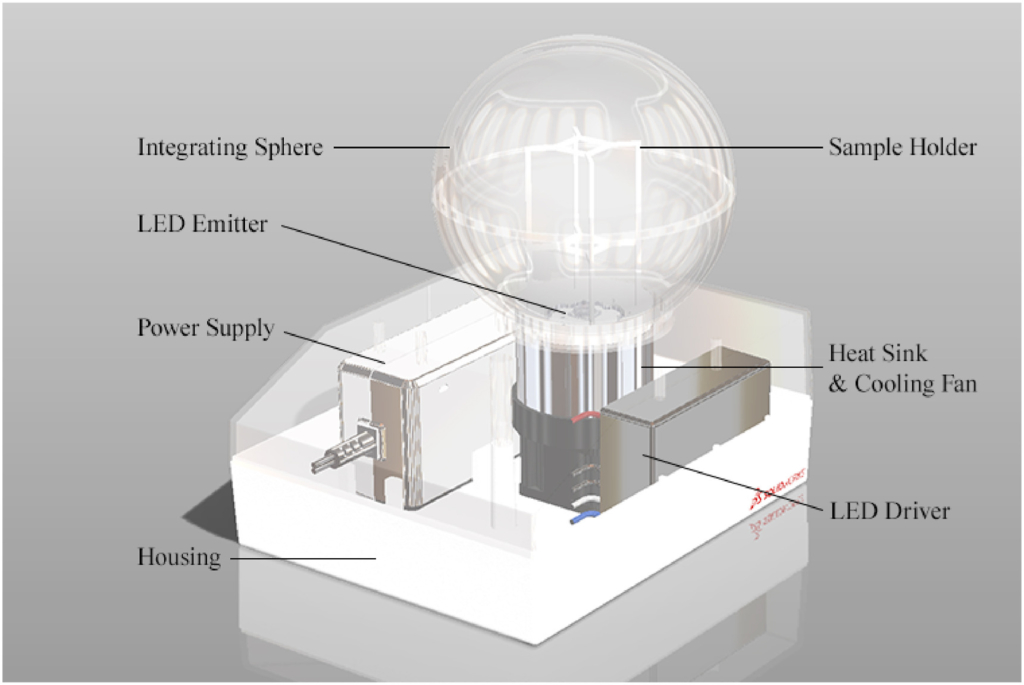As part of our ongoing commitment to share our science, our research regularly features in journal publications which are recognised by the international scientific community.
Our experts have unique insight, garnered over decades spent researching solutions to engineering challenges. At the heart of this is a thirst for knowledge that can benefit society. We recognise that this ambition cannot be achieved by us alone; science moves forward rapidly when we work together and share what we discover.
Journal publications are a time-honoured way of sharing discoveries between scientists, pushing the boundaries of understanding in physics, chemistry and more. At UKNNL, our world-leading scientists regularly contribute to the wider research community by publishing their work. Significantly, in 2023, our researchers saw their work captured in a special edition of Progress in Nuclear Energy.
An invitation to lead on a special edition of a scientific journal is a rare privilege only extended to experts at the pinnacle of their field. This forum has established strong foundations from which to deliver future impact.
Quality
Raising Raising the profile of our work on the global stage
At UKNNL, we deliver world-leading nuclear science and technology aligned to the needs of the UK. The Advanced Fuel Cycle Programme (AFCP) was the UK Government’s leading research programme for developing the nuclear fuel cycles of the future, part of a £505m Energy Innovation Programme designed to help expand the potential of clean energy technologies in the UK. The Recycle theme under this programme delivered a substantial body of work which was captured in a special edition of the Progress in Nuclear Energy journal, ensuring high impact among the relevant scientific
community.
Special issues of scientific journals often involve invited guest editors, recognised as experts in their field.
UKNNL researchers led on four of the articles in the special edition of the journal, covering future options for recycling of nuclear fuel, delving deep into the chemistry of environmentally friendly techniques to extract multiple useful components of used fuel, providing expert review of how these extracted products could be further modified, and focusing on capturing trace materials from waste streams.
The special edition of Progress in Nuclear Energy – “Development of Advanced Nuclear Fuel Recycling Options” is available on Science Direct.
“Anthony Banford, UKNNL’s Waste Management and Decommissioning Chief Technologist, was an instrumental member of the guest editorial team. Along with Professor Colin Boxhall from Lancaster University and Professor Bruce Hanson from the University of Leeds, Professor Banford’s significant expertise and unique industrial perspective was immensely helpful in shaping the scope of the special issue and really elevated the quality of articles that appear in the special edition. Special issues in Progress in Nuclear Energy have higher impact than ordinary articles and this particular issue spotlights the excellence in the UK research community, focused on next generation development for our nuclear industry.”

Professor Simon Middleburgh
Bangor University and Editor of Progress in Nuclear Energy.
Partnerships
Science leaps forward when collaborations form
The special issue brings together insights into many key areas vital for long-term, sustainable recycling
of nuclear fuel. These insights are only possible when researchers with diverse backgrounds come together. Some of the key research collaboration features in the special issue are with universities located
throughout the UK.
Alongside The University of Manchester, we have developed a robust model of a key aspect of the fuel recycling process. The model accurately predicts how certain radionuclides can be retained in the liquid, thereby preventing them from being extracted along with the uranium. The outputs of the model can be used to produce high-quality uranium to produce new nuclear fuel.
In collaboration with Lancaster University, we have looked at a novel method to convert uranium into a form suitable for manufacturing. This novel method uses light to convert the uranium and is rapid, taking less than two minutes to convert 98% of the uranium. Not only is this method quick, but it is clean as it doesn’t generate additional waste, safe to use and cost-effective to implement.
We have also looked at the sustainability of recycling used nuclear materials. In partnership with University College London, we have assessed the lifecycle of two materials and found that not only does recycling or reusing them significantly reduce the depletion of natural resources, but there are also other environmental benefits such as avoiding greenhouse gas emissions.

Talent
Training the next generation of experts
Our experts are in a unique position to bridge the gap between an industry that values practical solutions to existing challenges, and academics who focus on fundamental science and discovery. The expertise and insight gained by our experts can be passed on to researchers early in their career, helping shape future research that can have immediate impact.
Together with our university partners, we have, therefore, helped to train several PhD and post-doctoral researchers over the year, giving them unique insight into the nuclear industry. A significant number of PhD and post-doctoral researchers have, likewise, been involved in writing the articles that formed the special edition with UKNNL experts as co-authors.
“As part of the Advanced Fuel Cycle Programme, I completed a literature study on alternative finishing processes for uranium/plutonium and minor actinide nitrate products from thermal and fast reactor fuels reprocessing. I was then offered the opportunity to publish this research in the special edition of Progress in Nuclear Energy. Being the lead author gave me an insight into the journal publication process for the first time and the opportunity to work with industry experts not only within UKNNL but also in academia.”

Hannah College
Senior Research Technologist at UKNNL
Impact
Ensuring a sustainable fuel cycle for the future
The work published in the special edition delves into the nuances of myriad chemical interactions, engineering plant process conditions and technologies that can focus on individual chemical bonds. Such a detailed, careful approach is exactly what is needed to build robust, sustainable industrial processes.
The nuclear industry has a history of recycling fuel which stretches over decades. Building on this history, modern techniques applied by experts can help us understand whether something is truly sustainable.
Following a process all the way from start to finish – a technique known as lifecycle analysis – aids this understanding. The special edition has shown that proposed approaches to recycling nuclear materials have a lower environmental impact compared with current approaches. Lifecycle analysis enables aspects of fuel cycle strategies to be compared objectively, thereby aiding future decision-making. Analysis conducted so far is beginning to show that recycling used fuel contributes to a circular economy which will positively contribute to a sustainable future.

“The research presented in this special issue is vital for the industry and can help inform future UK policy on options for future sustainable nuclear energy systems.
Each study contributes to our understanding of what innovative nuclear fuel cycles could look like, where we can extract all the useful actinides and fission products from used nuclear fuel while safely locking away a much smaller volume of wastes.
In doing so, we can contribute to a sustainable circular economy that benefits future generations.”

Dr Robin Taylor
Principal Radiochemist at UKNNL


